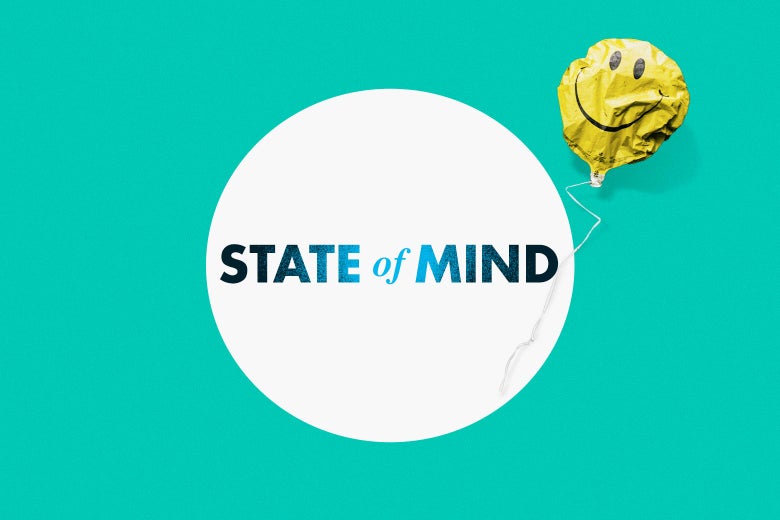It’s taken years, even generations, but we’re finally more comfortable talking about mental health. Thanks to relentless work by advocates and prominent figures from the worlds of medicine, science, sport, entertainment, politics, and beyond, we know how important discussions about mental health are, that stigma is deadly, that the system to treat mental illness is broken. And the effects of a global pandemic have made these discussions even more urgent.
But too often, the conversation ends there, and high-profile moments where mental health takes center stage—after a mass shooting, say, or a celebrity openly discussing their experience with mental illness—rarely lead to measurable progress or tangible lessons rooted in mental health care research. Much of the coverage in the general press also perpetuates old myths and misunderstandings—suggesting that people with serious mental illness are dangerous, a drain on society, or simply lazy—or, on the flip side, that simply “asking for help” will fix everything.
That’s why we’re launching State of Mind—a partnership of Slate and Arizona State University that will offer nuanced commentary and reporting that digs deeper into the debates and advancements happening in mental health.
Our contributors will include journalists, psychiatrists, psychologists, policymakers, advocates, and others. Many State of Mind contributors will bring not only expertise on mental illness, but firsthand experience: Think patients, caretakers, and practitioners, as well as journalists, policymakers, and advocates, who have also experienced mental illness. We’ll cover new research in neuroscience, social media-promoted fads and misconceptions, how to get the most out of therapy (and how to find a therapist in the first place), the mental health crisis on campus, the use of psychedelics to treat depression and PTSD, pandemic burnout, the intersection of identity and mental health, and much more. Mental health and the systems around it are complex and changing, and State of Mind is here to help you navigate them.
Our first articles are “What Happens When Psychedelic Treatment for PTSD Turns Into a Bad Trip,” by Michael Pollack, and “California Is Fighting to Make It Easier to Put People Under Conservatorships,” by Henry Grabar.
Interested in learning more? Follow us on Twitter, and share your thoughts (or pitches for articles) at stateofmind@slate.com.
